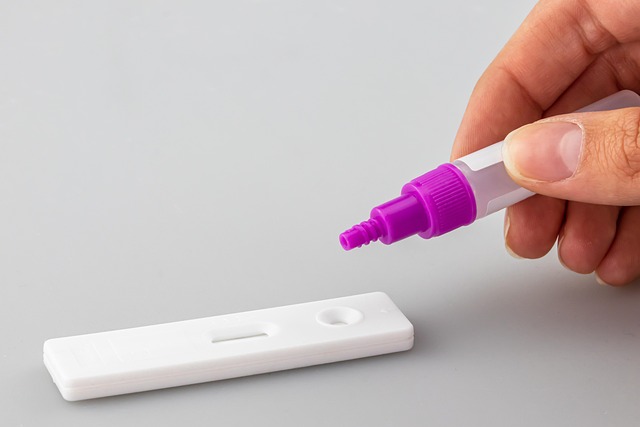In today’s digital age, online education has transformed the way we learn, breaking down geographical barriers and providing access to knowledge like never before. However, this shift also brings forth the challenge of ensuring that the platforms delivering this education are robust, user-friendly, and free from defects. This is where manual testing plays a crucial role. As an integral aspect of platform validation, mastering manual testing is essential for anyone involved in the realm of online education.
Manual testing, in the context of educational platforms, entails the meticulous process of evaluating the software’s functionality without the aid of automated tools. It focuses on ensuring that every feature works as intended and that the user experience is seamless. For those immersed in the online education field, the nuances of effective manual testing can significantly enhance the quality of learning experiences for students around the globe.
Building skills in manual testing involves understanding the student’s journey from the moment they enter the platform. Every click, interaction, and navigation path should be scrutinized to guarantee an intuitive learning environment. Aspiring testers should familiarize themselves with various testing methodologies, such as black-box and exploratory testing, to uncover potential issues that could hinder the educational experience.
Knowledge building is vital in this media-rich, dynamic landscape. Manual testers must not only comprehend the technical aspects of the platforms but also embody the perspective of learners. This means engaging with the material from various angles—charting out user stories, creating test cases based on real-world scenarios, and performing usability testing to gather insights. By honing these skills, testers contribute to a feedback loop that is essential for continuous improvement.
In addition, effective communication is paramount in manual testing. Testers must articulate their findings clearly and concisely to ensure that developers understand the context of any identified issues. Creating detailed bug reports and offering constructive suggestions can foster a collaborative spirit between testers and developers, paving the way for enhanced platform functionality.
Moreover, as technology evolves, new challenges arise in the realm of online education. With advancements such as artificial intelligence and personalized learning environments, manual testers must remain agile, continuously learning and adapting their skills. Keeping abreast of trends in both technology and education helps testers anticipate potential pitfalls in platforms, enabling proactive measures before issues escalate.
Furthermore, participating in communities focused on manual testing and online education can significantly enrich a tester’s repertoire. Engaging in forums, attending workshops, and sharing experiences will provide invaluable insights into emerging best practices and innovative approaches to problem-solving. This collaborative effort—potent in terms of knowledge sharing—helps to foster a vibrant culture of quality assurance within online education.
As the demand for online learning surges, the significance of mastering manual testing becomes increasingly evident. Professional growth in this area not only enhances personal skill sets but also contributes to the collective goal of delivering superior educational experiences. The fusion of manual testing expertise with the passion for quality education can help build platforms that empower learners, ensuring they receive the best possible support on their educational journeys.



